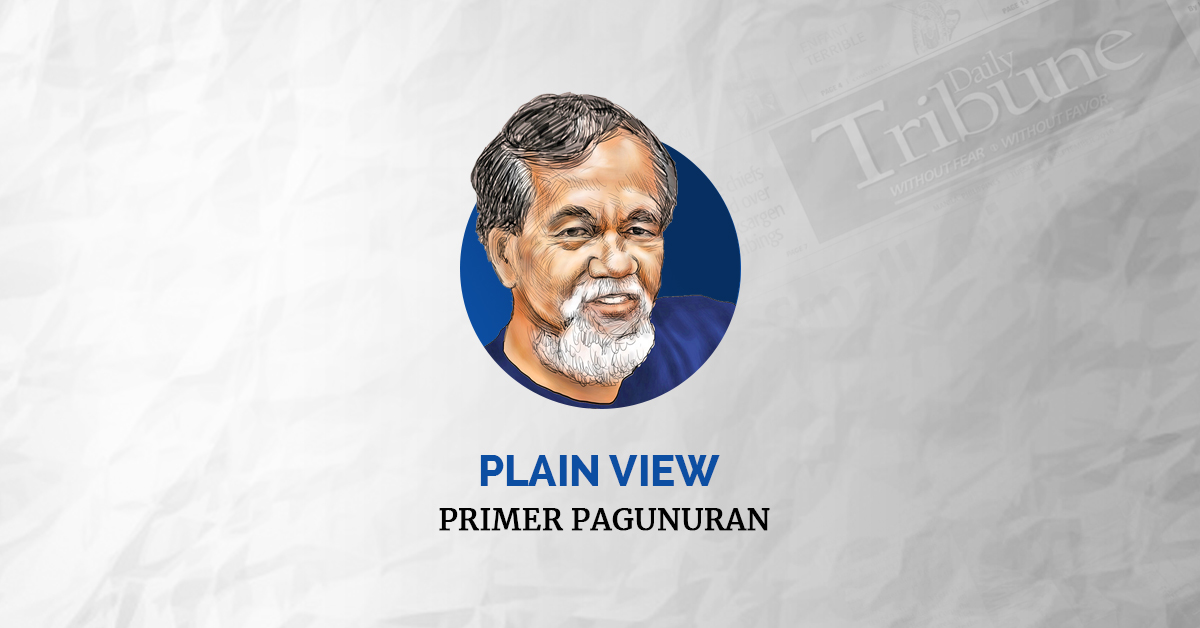The early stream of bills from Congress that squarely met rejection is axiomatic of the President’s commitment to public interest. Those bills that did not merit his signature are presumably deficit in that department.
Hopefully, self-maximizing legislative proposals favoring class interests; corporate patrons; or simply parochial become misplaced. Standing on high moral ground, the President has just set a stronger currency of “no trade off, no compromise, no leverage, no patronage.”
A game changer so it would seem, FM Jr. has advanced a “way forward” in the field of policymaking, not to mention a brand of leadership the country never had in nearly four decades. A clearer understanding will come to light as we walk through the vetoed bills, viz.:
One, a bill grants honoraria, allowances, and other benefits to those rendering service during election period, tax-exempt even. DepEd’s (Department of Education) public school teachers and allied personnel numbering about a million stand to exclusively benefit aside from tax exemption, defeating the intent of existing tax laws (i.e., CTRP and TRAIN).
Two, a bill creates the Philippine Transportation Safety Board as an investigatory agency on transportation accidents. FM Jr. observed that “functional duplication” would further confuse the authority of DoTr, PNP, and NBI.
Three, a bill strengthening the Office of the Government Corporate Counsel carries provisions deemed “overbearing,” like excessive remuneration to OGCC lawyers; control over legal departments of government corporations; upgrading of positions, salaries and benefits to level off with counterpart agencies (i.e., OSG, CA, etc.) — all seen as violative of government’s one trust fund policy and distorting relationships between parallel agency officials; principles of equity and standardization. Unrestrained abuse of authority has become inherent under the premises.
Four, but not least, the first bill vetoed by the president, namely, the creation of the Bulacan Airport City Special Economic Zone and Freeport. This offers a broad range of “tax perks to investors” than what they already enjoy. It’s supposed to be a “$15 billion international airport project” of San Miguel Corporation. Despite the proponent’s promise of “$200 billion in export revenue annually” from potential foreign investors in six key industries, the President found said project as “not aligned with the government’s objective of a tax system with a broad base and low rates” and poses “substantial financial risk.”
All told, veto power is a powerful instrument to tame the beast (i.e., Congress) viciously subservient to favoring special, parochial, private or class interest as its raison d’etre. By some breadth and length, presidential veto power meaningfully insures sound “check and balance” in our democratic life.
With the public good high in the pecking order, why should there even be any institutional conflict between presidential vetoes and congressional response? Will Congress attempt to override? Has policymaking become a matter of who yields greater power?
